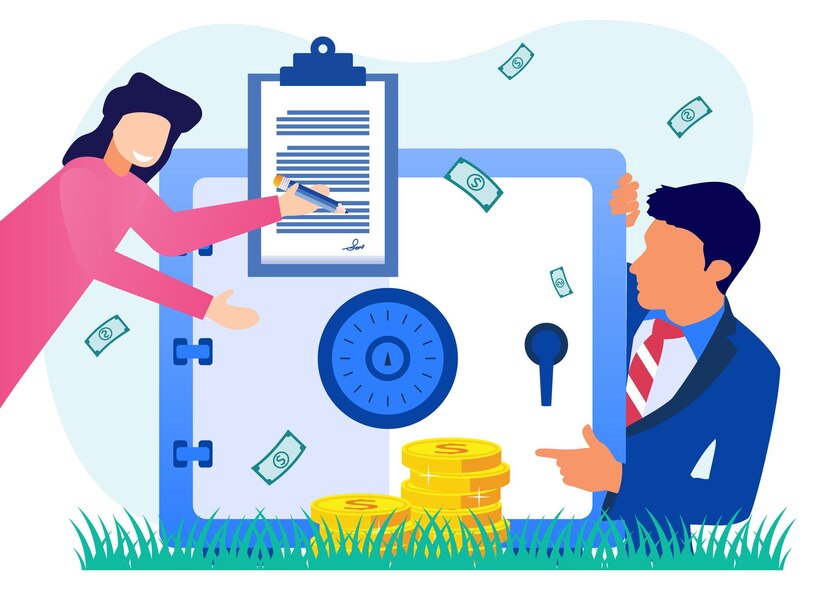Dealing with auto loan collections can be stressful, especially if you feel you’re being harassed. Understanding your rights and how to manage the situation can help you address the issue effectively and maintain your peace of mind. Here’s a guide on how to handle harassment in auto loan collections:
- Know Your Rights
Understanding your rights is the first step in managing harassment. The Fair Debt Collection Practices Act (FDCPA) provides protection against abusive debt collection practices. According to the FDCPA:
Debt collectors cannot call you outside of reasonable hours (generally between 8 a.m. and 9 p.m.).
They cannot use threatening or abusive language.
They cannot contact you at work if you’ve told them you’re not allowed to receive calls there.
They cannot misrepresent themselves or the amount owed.
Familiarize yourself with these rights to recognize when they are being violated.
- Document Everything
Keep a detailed record of all communications with the debt collector. Note the date, time, and content of each interaction. This includes phone calls, emails, and letters. Documenting these interactions will be crucial if you need to prove harassment or take legal action.
- Communicate in Writing
To protect yourself, communicate with debt collectors in writing rather than by phone. This creates a paper trail and helps ensure that all communications are professional and documented. If you receive harassment via phone calls, you can request that all future communications be conducted in writing.
- Send a Cease-and-Desist Letter
If you’re being harassed, consider sending a formal cease-and-desist letter. In this letter, request that the collector stop all communication with you, except for notifying you of specific actions like legal proceedings. Send this letter via certified mail to ensure it’s received and keep a copy for your records.
- Report Unethical Behavior
If you believe the debt collector is violating the FDCPA, report them to the Consumer Financial Protection Bureau (CFPB) or your state’s attorney general. You can also file a complaint with the Federal Trade Commission (FTC). These agencies can investigate the behavior and take action if necessary.
- Seek Professional Help
Consider consulting a consumer attorney if harassment continues or if you need legal advice. An attorney can provide guidance, help you understand your options, and potentially represent you in disputes.
- Review Your Loan Agreement
Examine your original loan agreement and any subsequent communications from your lender. Sometimes, misunderstandings or errors can exacerbate collection issues. Reviewing the agreement can help you understand your obligations and ensure the collector’s demands are accurate.
- Negotiate Payment Terms
If possible, negotiate with your lender or debt collector to establish a repayment plan that you can afford. Clear, documented agreements can sometimes resolve disputes and alleviate some stress associated with collections.
- Maintain Your Composure
Dealing with harassment can be emotionally taxing. While it’s important to stand up for your rights, maintaining a calm and professional demeanor can help de-escalate tense situations and ensure that you handle the matter effectively.
Conclusion
Handling harassment in auto loan collections requires knowing your rights, documenting interactions, and taking appropriate actions to address the issue. By understanding your protections under the FDCPA, communicating formally, and seeking professional help when needed, you can effectively manage harassment and work towards resolving your auto loan issues with less stress and disruption.
Get in touch with us today at bankharassment.com and embark on your path to financial freedom



